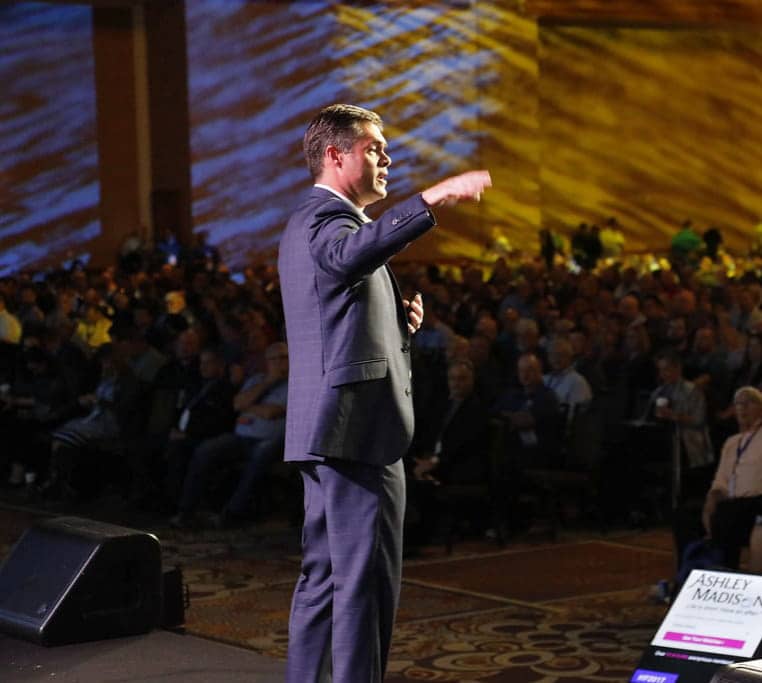Facebook Privacy Settings Get Needed Update
Facebook Privacy Settings… Some may say it’s too little, too late. I’m relieved that Facebook is finally responding to concerns about their confusing and weak privacy settings. The social media giant (who has been losing customers of late) has recently made several changes to their settings.
Facebook Privacy Settings Update
- Additional photo settings. Your current profile photo and cover photos have traditionally been public by default. Soon, Facebook will let you change the privacy setting of your old cover photos.
- More visible mobile sharing settings. When you use your mobile phone to post, it is somewhat difficult to find who your audience is because the audience selector has been hidden behind an icon and this could lead to unintended sharing. In this Facebook privacy settings update, they will move the audience selector to the top of the update status box in a new “To:” field similar to what you see when you compose an email so you’ll be able to see more easily with whom you are sharing.
- Default settings for new users. Instead of automatically defaulting to “public”, new users will now have their default set to “friends”. They will also be alerted to choose an audience when they post for the first time. This is a significant step in the right direction of a business best practice called Privacy by Default.
- Privacy checkup tool. Users may encounter a “privacy dinosaur” (pictured above) that pops up to lead them through a privacy checkup. (At this time, it is not a consistent feature: Facebook is “experimenting” with it.) The privacy checkup tool will cover a number of settings, including who they’re posting to, which apps they use, and the privacy of their profile information.
- Public posting reminder . The privacy dinosaur will also remind you when you’re about to post publicly to prevent you from sharing an update with more people than you intended.
- Anonymous login. This feature allows you to log into apps so you don’t have to remember usernames and passwords, but it doesn’t share personal information from Facebook. Traditionally, people using Facebook Login would need to allow the website or app to access certain information in their profiles. I’m also happy to see Facebook moving in this direction, as universal logins are one of the easiest backdoors for cyber criminals to exploit.
Facebook has been criticized for having unreasonably complicated privacy settings, had to pay a $20 million settlement for giving away users’ personal information, and frankly never seemed to care very much about personal privacy.
I’m guessing that Facebook has learned a valuable lesson: that by giving their customers the privacy controls they desire, they are creating happier, more loyal users, which is a long-term strategy for success. The need for change hasn’t disappeared, but these Facebook privacy settings are a step forward.
John Sileo is an an award-winning author and keynote speaker on identity theft, social media privacy, fraud training & technology defense. John specializes in making security entertaining, so that it works. John is CEO of The Sileo Group, whose clients include the Pentagon, Visa, Homeland Security & Pfizer. John’s body of work includes appearances on 60 Minutes, Rachael Ray, Anderson Cooper & Fox Business. Contact him directly on 800.258.8076.




